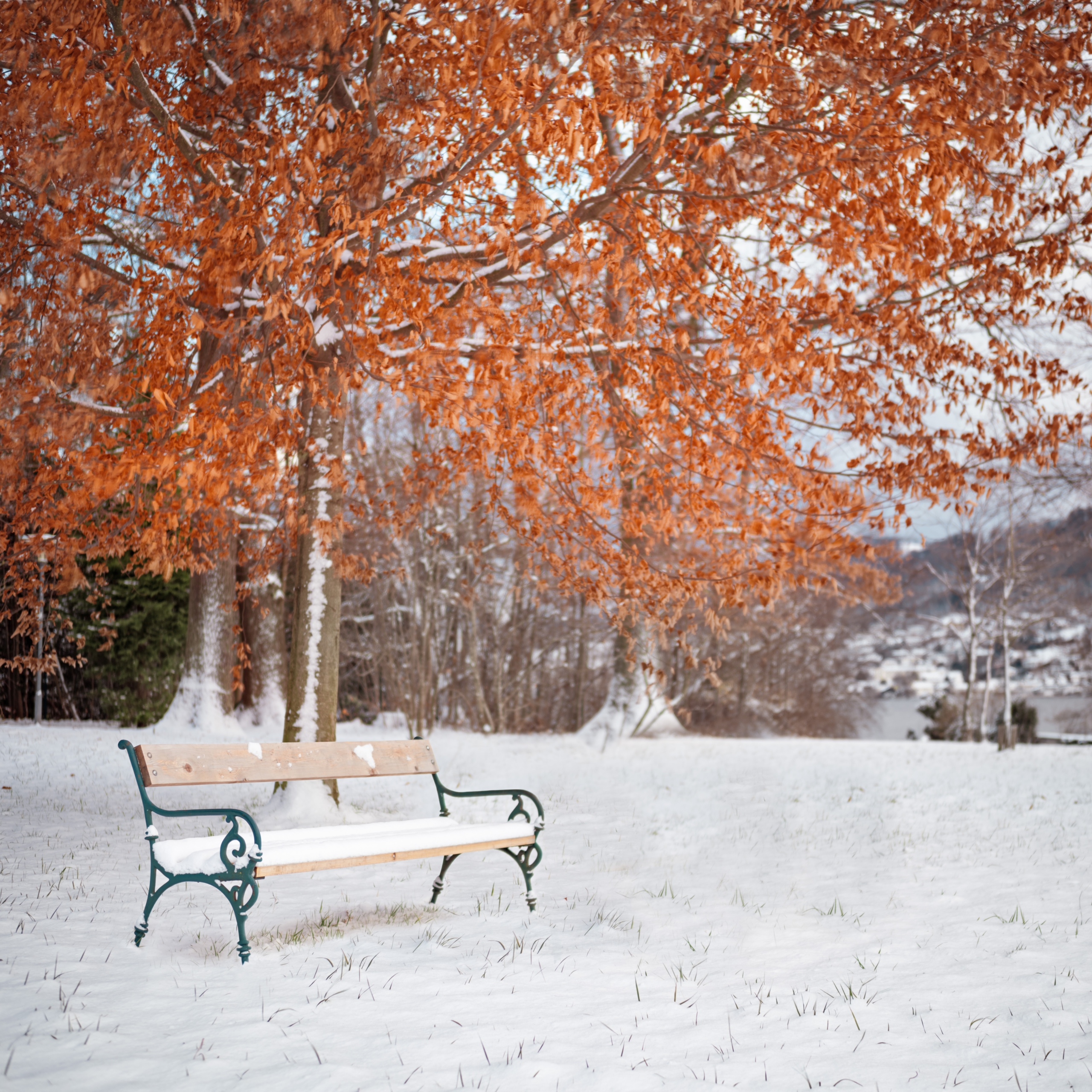As I am writing this I am in sunny, southern California enjoying time with some of the kids and grandkids. But back home it is a different story. Nearly a foot of snow, sub-zero temperatures without the windchill factored in, and gusty winds that make you not even want to know what that brings the ‘feels like’ temperature down to. I’d like to say I’m sorry for not being there to suffer along with everyone else, but I’m not. What I will say, though, is that I hope and pray everyone stays safe and warm.
The same goes for you, too. Seniors striving to age in place have enough to think about and be mindful of without the added stresses of snow, ice, and frigid temperatures. But since so many seniors do have to deal with those things, let’s take a few minutes to go over a few do’s and don’ts for the purpose of keeping you as safe and sound in your own home as possible.
DO…
- Stay inside when there is any type of slippery precipitation outside (snow, ice, sleet).
- Ask or hire someone to shovel your sidewalk and driveway for you. Even though you don’t plan to be out in the weather, once the roads are clear and you do venture out, you don’t want to risk falling on patches of snow and ice that melt and refreeze on the concrete surfaces at your house.
- Plan ahead. If the weather forecast is calling for inclement weather, stock up on a few items.
- Make sure you have plenty of batteries for a flashlight, a few gallons of water for flushing the toilet and for drinking, your prescription medications, and nutritious food you can eat for a couple of days in the event of power outages.
- You talk to family or friends two or three times a day so that in the event you would fall or get sick, someone is aware and can get you the help you need.
- Keep your cell phone and laptop fully charged so you can stay in touch with people and can stay abreast of the latest conditions if the power is out (rendering your television useless).
- Stay busy doing puzzles, reading, sewing, cooking, talking to friends, cleaning out drawers, or tasks that keep your mind and body moving.
- Stroll through the house for ten to fifteen minutes at a time two or three times a day. The exercise is important to keep your muscles and joints strong, and your blood circulating. Blood circulation not only helps maintain clarity and cognitive ability, but it also helps you stay warmer.
DON’T…
- Wait until the power goes out to assemble your emergency kit. Your chances of falling while trying to find your way in the dark are significantly higher than they are otherwise.
- Try to shovel your walk and driveway by yourself. Or if you are capable of do so, make sure you let someone know what you plan to do and when you plan to do it. That way, if you don’t answer the phone when they call to make sure you are safely back inside, help will be on the way.
- Rely on junk food and snacks if the power goes out. A lack of good nutrition will quickly affect your body temperature, your ability to focus and think clearly, and your balance and coordination.
- Let your pride get in the way of your safety and wellbeing. If a family member requests you wait the storm out with them, go. Or if you have a teenage or adult grandchild who will come stay with you during the worst of the storm, ask them to do so and make the most of the time you spend together.
- Sit around feeling cold and lonely. Read, call your friends to chat, look at old pictures, do puzzles, try a couple of new recipes, or whatever else sounds interesting and make for a pleasant way to pass the time.
Safety for seniors during the winter storms so many of us experience is primarily a matter of letting common sense rule. Don’t do anything that will put your chances of aging in place at risk. Nothing you might do because of the snow and ice is worth losing your independence and good health over. Nothing.
Guest post By Darla Nobel
The views expressed by the author may not reflect the views of Age Safe America, LLC. The content here should not be taken as medical, legal or financial advice. The content here is for informational purposes only, and because each person is so unique, please consult your own healthcare, legal or financial professional with any questions.

